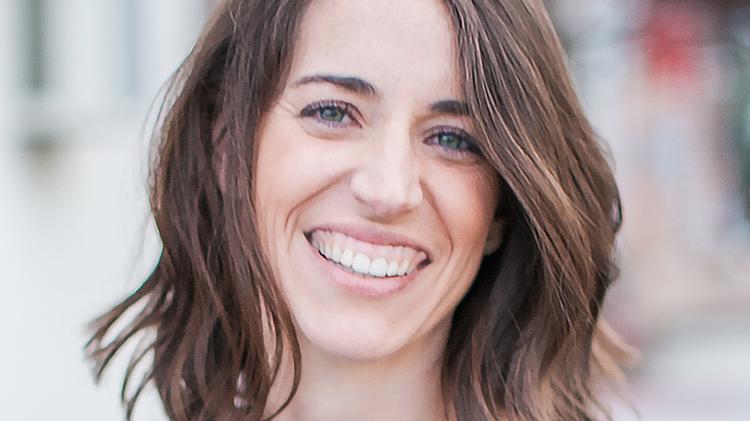
Houston—There is a lot of discussion in the startup world about how to better support women entrepreneurs. Carolyn Rodz decided to tackle one aspect of it: the accelerator.
“We wanted to take best practices from accelerators like Techstars and Y Combinator, and build something that is for women,” says Rodz, who launched the Circular Board last year.
For example, she says, traditional demo days emphasize a one-way communication, whereas women benefit more from pitches that solicit feedback. “Conversations are more effective for women,” she says.
So far, Circular Board has hosted three classes—the fourth kicks off next month—that together had about 170 companies in healthcare, energy, food and beverage, fintech, consumer goods, and other industries. Like other accelerators, the for-profit Circular Board hosts a 12-week program with online seminars on topics such as fundraising, going through a re-branding, and making key hires.
Circular Board’s key difference is that it’s all done online. “The idea is how do we start to build a resource for women entrepreneurs who are outside of these startup hubs,” Rodz says. “If this didn’t exist in Houston, imagine what’s [not] happening all across the US and around the world.”
Another thing that distinguishes Circular Board from traditional accelerators is that it charges its cohort companies a registration fee of $ 1,200. But Rodz says she plans to start investing in portfolio companies by the end of this year.
The roster of mentors Rodz has recruited to the Circular Board include successful women such as Donna Orender, former president of the WNBA; Jane Wurwand, co-founder of Dermalogica (which was sold to Unilever); and Station Houston co-founder Emily Keeton. (There are a few men in the ranks, too.)
“They can talk about all aspects of entrepreneurship from launch to exit,” Rodz says. “These women have been there, and they recognize the obstacles that entrepreneurs face.”
Prior to founding Circular Board, Rodz ran her own marketing technology firm and was an investment banker at JPMorgan.
Here is an edited version of our recent phone conversation:
Xconomy: There are a lot of efforts and talk around boosting women entrepreneurs. What made you do this?
Carolyn Rodz: There is a lot of conversation happening now; there wasn’t when we first conceived of the idea. As we started digging into online learning and understanding the science of learning, talking to entrepreneurs who have succeeded and failed, we noticed that the experience was very different for women and men. We wondered, ‘What would an accelerator look like if it were built only for women?’ Right now everything that exists was almost 100 percent conceived of and created by men, and naturally caters toward the way men operate.
One of the things that we’ve learned, and research shows, is that women are very collaborative in the way we learn and communicate. We gain confidence in working with others; women really thrive when they’re talking about their concepts, bouncing ideas across companies. We’re also great promoters of others.
X: What research did you do to figure out what women want in an accelerator program?
CR: A lot of reading and lot of anecdotal evidence. There was lot of trial and error; we’ve been iterating with every class with the things that we’ve learned to understand why they succeeded or failed. The biggest things for entrepreneurs in general are access to mentors, and a mentor community that they can relate to. That means having a large pool of female mentors for female entrepreneurs.
The other thing is access to capital and helping entrepreneurs engage with an investor community that understands their business models, [and having] VC firms with female partners or male partners that understand the female market.
We’re really trying to represent the more marginalized entrepreneur demographic. If you live in the Bay Area, you are exposed to the great resources in Silicon Valley. That’s wonderful, but there’s a lot happening outside of that. We’re trying to be that connector: Here is how you need to be thinking about scaling your company, what it means to raise capital, and how to seek investor relationships. Let us help connect the dots and integrate you into the ecosystem.
X: Tell me about the accelerator and the program. How many startups are involved? What do they do?
CR: Our 12 week cohort is divided into groups of 10 circles. Each week, they go through a topic of focus, some online content they are reviewing, strategic blueprints of how they need to be thinking. We have group calls; they talk to their group of 10 on topics such as what they’ve achieved over the past week, what they’re focusing on going forward, metrics they’re tracking, and how they can utilize the resources of the group to move their company forward.
(32)